|
|
|
Editor's note
|
|
We’ve put various strange phenomena under scrutiny this week as part of our constant quest to understand the world.
First up, the baffling concept of altruism is under the microscope. Humans and animals are often driven to help others, even if it comes at a cost. This is a real head scratcher in evolutionary terms, since we’re only meant to do things that help ourselves and our kin survive. But could there be a genetic reason behind our drive to lend a hand?
Scientists are known for basing their conclusions on solid evidence. So how can we explain the fact that so many physicists say most of the universe’s mass is made up of a substance that cannot be seen or detected? Doesn’t that bother them? One of them explains why dark matter really is a thing.
If all this is not curious enough, we thought it would be interesting to investigate curiosity itself. Is it a personality trait? What is happening to our brains when we get curious about a topic? And can we harness that process to become better learners?
Also this week, Margaret Atwood published the long-awaited sequel to her classic novel The Handmaid’s Tale and Donald Trump lost another top adviser. And by the way, it’s easy to forget, but there are
actually 27 other nations involved in Brexit negotiations – not just the UK.
|
Laura Hood
Politics Editor, Assistant Editor
|

|
|
|
|
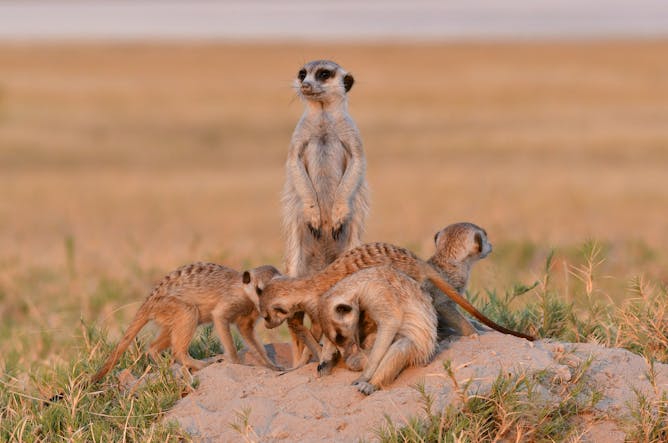
Walter Mario Stein/Shutterstock
Laurence Belcher, University of Bath; Philip Madgwick, University of Bath
A thought experiment from Richard Dawkins' book The Selfish Gene turned out to be a more realistic explanation for altruism than he expected.
|
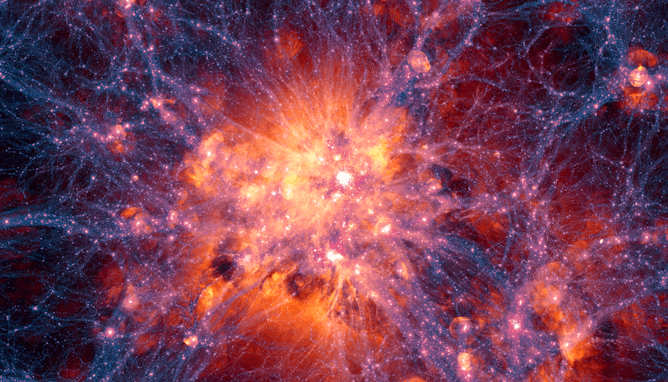
The universe is home to a dizzying number of stars and planets. But the vast bulk of the universe is thought to be invisible dark matter.
Illustris Collaboration
Michael J. I. Brown, Monash University
Why do astronomers believe there's dark matter when it cannot be directly detected? Let's look at the evidence, and see what dark matter's presence means for our universe.
|
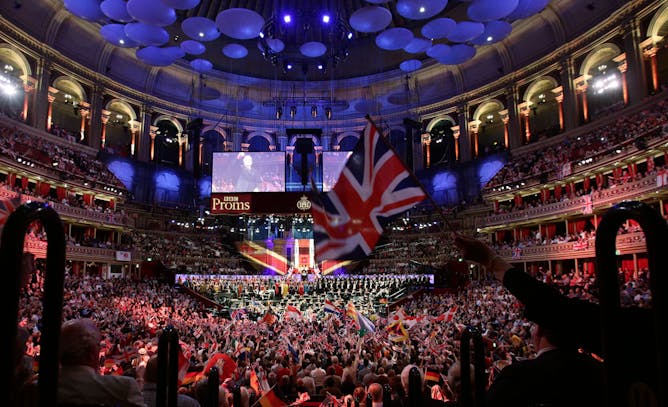
Inside the Royal Albert Hall at the Last Night of the Proms.
Yui Mok/PA Archive/PA Images
Simon Keegan-Phipps, University of Sheffield
Land of Hope and Glory seems somehow inappropriate given the current state of British politics.
|

Janine, a Handmaid, in series three of The Handmaid’s Tale.
Sophie Giraud/Channel 4
Susan Watkins, Leeds Beckett University
The author has returned to Gilead, 35 years after the original novel was published.
|
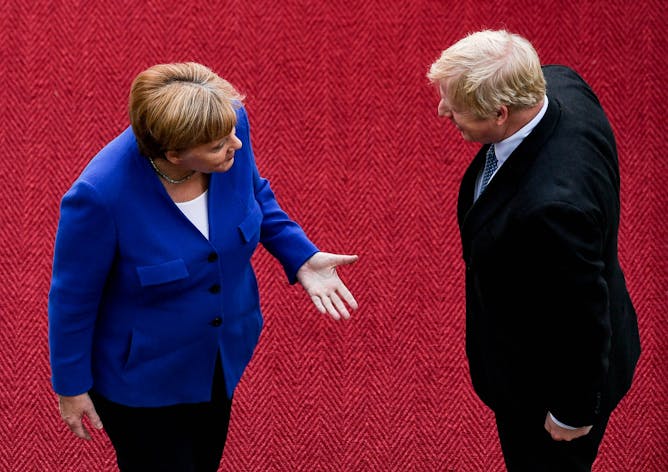
What do you have for me Mr Johnson?
EPA
Magdalena Frennhoff Larsén, University of Westminster
All the drama has played out in the UK lately – with very little regard for whether any of the options under discussion would be acceptable to the EU.
|
|
|
-
Ashvanti Valji, Cardiff University; Matthias Gruber, Cardiff University
What kind of curious are you? Scientists explore different types of curiosity and their home in the brain.
-
Aisling McMahon, National University of Ireland Maynooth; Alena Buyx, Technical University of Munich; Barbara Prainsack, Universität Wien
The use of big data by companies, even when perfectly legal, can harm people.
-
Darius Sepehri, University of Sydney
There is so much more to Iran than politics. Its traditional music carries messages of beauty, joy, sorrow and love to the world.
-
Anthony Fardet, Inra; Edmond Rock, Inra
To understand how healthy a food is, we often look at fats and proteins, vitamins and minerals. But this approach overlooks one property that's a key part of a food's health potential – its structure.
-
Steven Hurst, Manchester Metropolitan University
As US national security advisor, John Bolton was too much of a warmonger for Donald Trump.
|
|
| |
Featured events
|

|
Dragon Hall, 115 - 123 King Street, Norwich, Norfolk, NR1 1QE, United Kingdom of Great Britain and Northern Ireland — University of East Anglia
|

|
Julian Study Centre Lecture Theatre, University of East Anglia, Norwich , Norfolk, NR4 7TJ, United Kingdom of Great Britain and Northern Ireland — University of East Anglia
|

|
Northampton Square, London, Islington, EC1V 0HB, United Kingdom of Great Britain and Northern Ireland — City, University of London
|
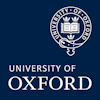
|
Oxford Martin School, 34 Broad Street, Oxford, Oxfordshire, OX1 3BD, United Kingdom of Great Britain and Northern Ireland — University of Oxford
|
|
|
|
| |
| |
| |
| |
| |
|
|
|
|
|
|
|